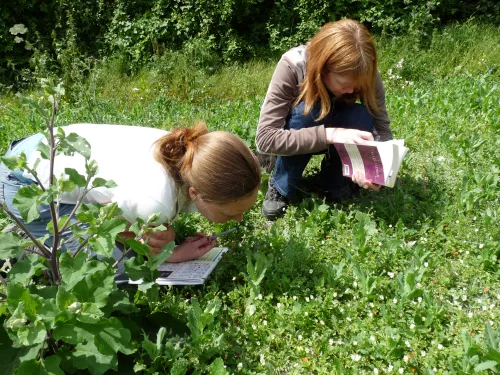
Botany Evening Classes - Maidstone
Our Botany Evening Classes cover the Botanical identification of wild and naturalised British plants.
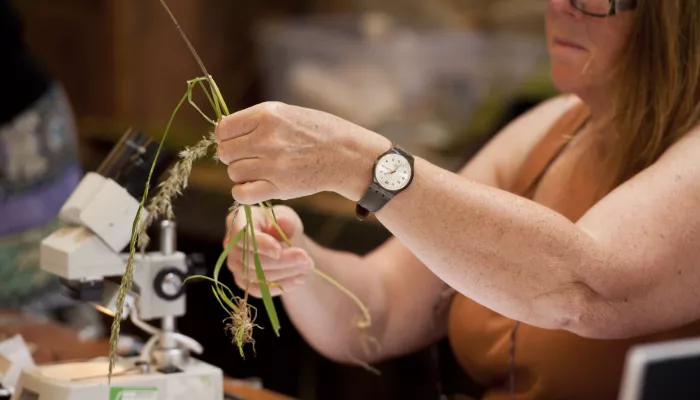
Wildlife Study Days are designed to help the people of Kent to learn more about the wildlife of the county. Beginners are very welcome and those with some experience will be able to improve their knowledge and identification techniques.
Nature is in trouble! Discover how you can protect wildlife for the future by attending one of our Study Days. Increase your knowledge, understanding and enjoyment of Kent’s wild plants and animals - and learn how to manage habitats to encourage them.
Our Study Days offer the chance to enhance your wildlife knowledge, identification and management skills. Our face to face courses are held outside or in our centres across the county and we are now also offering courses online. Leaders are knowledgeable in their own topics but are also pleased to discuss other points of interest as they arise. We aim to create an informal atmosphere in which everyone can progress at their own speed.
Please note that only adults aged 18 and over can now attend our Study Days. This is for safeguarding and insurance reasons.
If you have any questions, please email [email protected]

Our Botany Evening Classes cover the Botanical identification of wild and naturalised British plants.
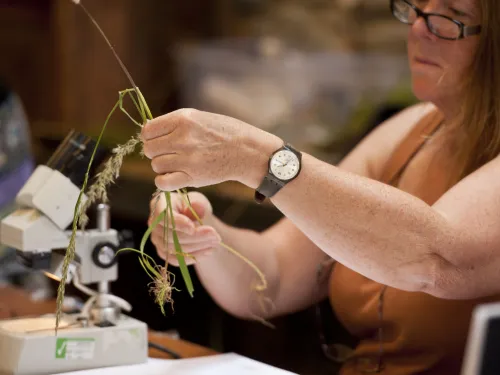
Our Botany Evening Classes cover the Botanical identification of wild and naturalised British plants.
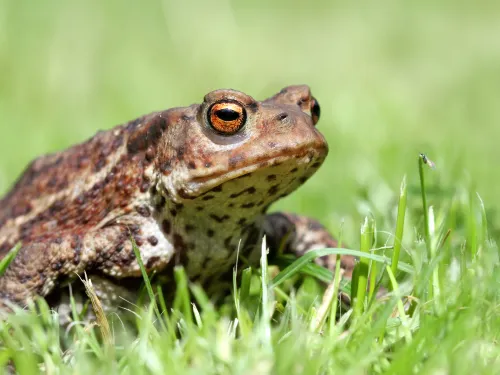
This course will help you understand the importance of habitats to the different amphibians. You will learn how to recognize the key species and be part of a torchlight survey at Vinters Valley Nature Reserve.
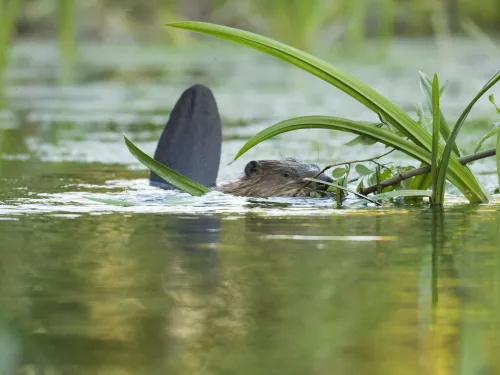
Explore the world of European beavers in the UK and put into practice what you have learned in an outdoor beaver survey

Learn more about the complex lives and identification of mosses.
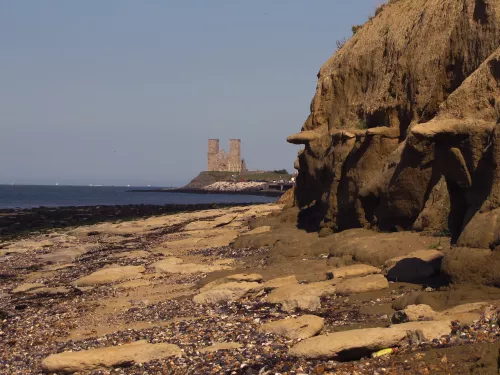
An illustrated review of the geology of the Kentish landscape from the oldest rocks to the youngest sediments
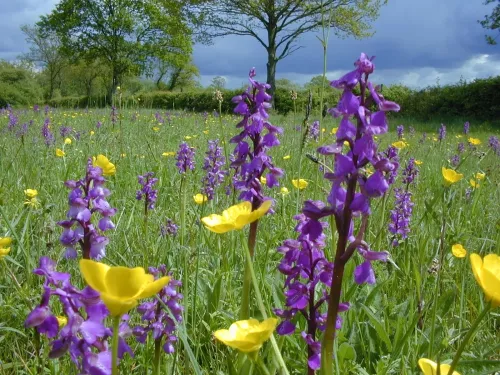
An online training day on the UK Habitat Classification (UKHab) Version 2, a classification system for vegetation habitats used in planning, conservation and land management

Investigate rocks and minerals and learn about fossils and plate tectonics
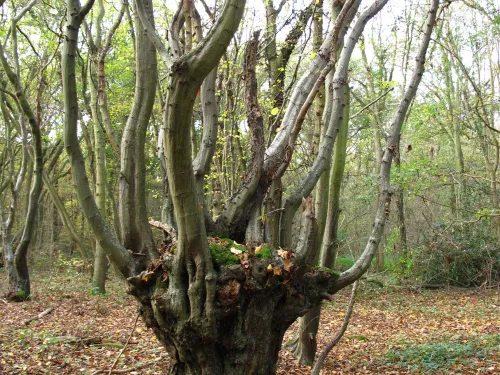
Learn about Ancient and Veteran trees and how to recognise and record them.
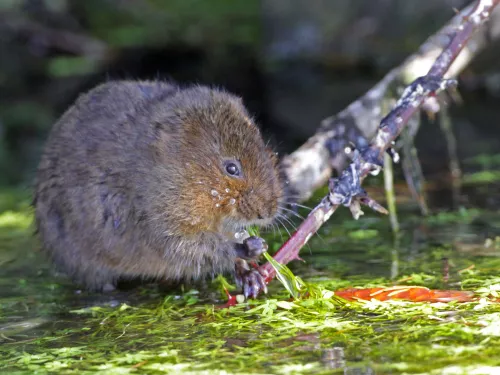
Learn about European Water Voles: their ecology, field signs and survey methods. Then put into practice what you have learned in an outdoor survey

Find out more about Pine Martens and learn about the South East Pine Marten Restoration Project
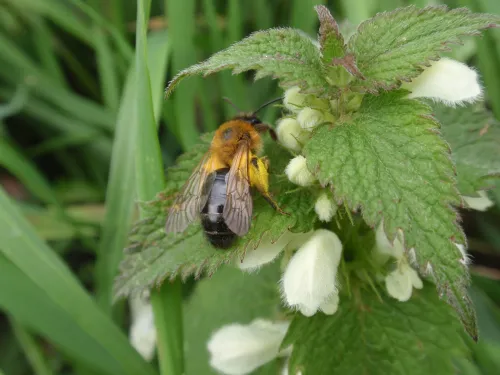
There are around 250 species of solitary bee. Find out how to identify them and where to find them, and learn about their ecology.
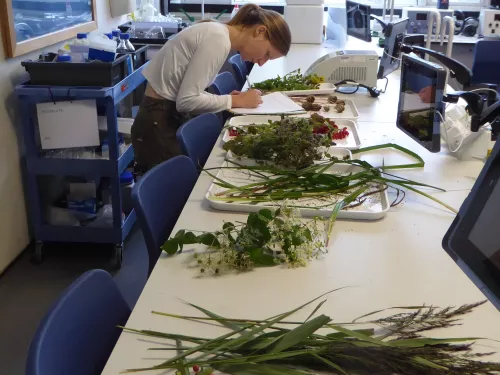
Our Botany Classes cover the Botanical identification of wild and naturalised British plants. Participants will learn how to confidently identify and record plants and seek confirmation when necessary.
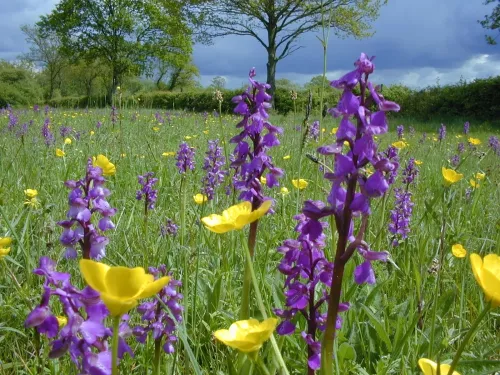
UK Habitat Classification (UKHab) methodology is used by professional ecologists to map and record sites.
The prices for our normal Study Days in 2026 are as follows:
Prices for our other courses vary. Please visit the relevant page for further details on pricing for a particular course or event, and note that a concessionary rate is not given for these.
Proceeds from our Wildlife Study Day programme support the wider work of the Kent Wildlife Trust.
Please book places on our courses online via the individual Study Day webpage.
If you have problems booking online, please email [email protected] stating the course you wish to book and a contact phone number.
Places on our courses are limited and booking is essential. Many courses are very popular, so early booking is recommended.
Please note that we need at least 10 working days' notice of cancellation for refunds or transfers to another day. This is because we need time to find someone to take your place and so cover the course costs.
Please note that we need at least 10 working days' notice of cancellation for refunds or transfers to another day. This is because we need time to find someone to take your place and so cover the course costs.